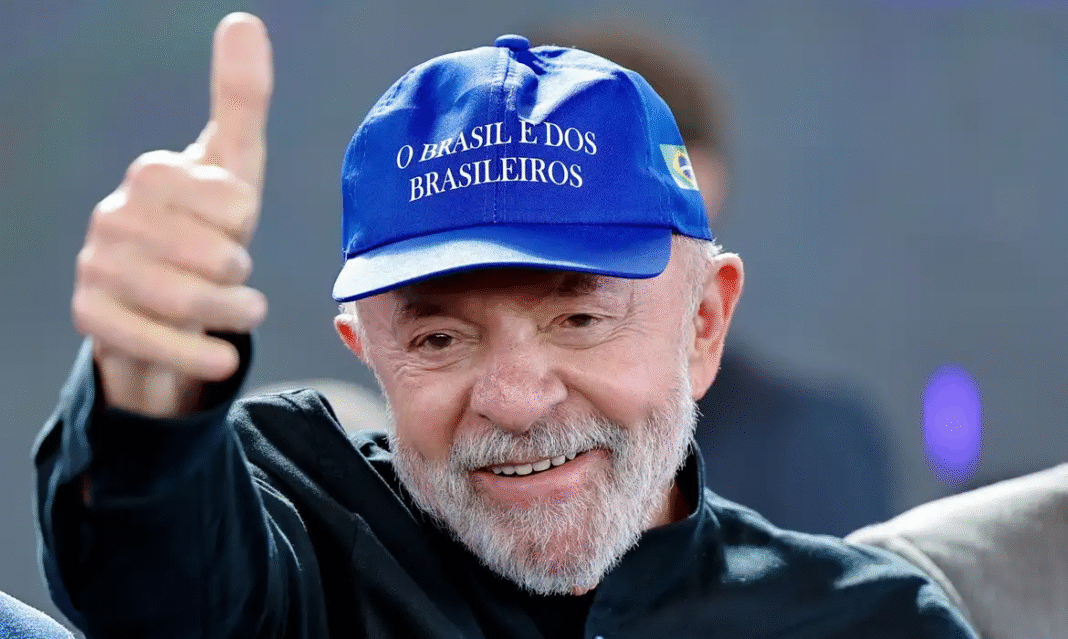The current political landscape in Brazil is marked by mounting tensions and attempts at reconciliation between the Executive, Legislative, and Judiciary. Central to this dynamic are the soaring costs and growing influence of parliamentary amendments, disputes over financial policies like the IOF tax, and strategic shifts in alliances within Congress. While key actors such as Speaker Hugo Motta and Minister Gleisi Hoffmann seek to restore dialogue and political balance, issues like amnesty proposals for former President Bolsonaro and U.S.-imposed tariffs continue to stir controversy. In this complex scenario, the Lula administration faces the dual challenge of managing internal dissent and responding to external economic threats.
This Content Is Only For Subscribers
To unlock this content, subscribe to INTERLIRA Reports.
Parliamentary Amendments
From 2015 to 2024, parliamentary amendments cost R$173 billion more than they would have if adjusted solely for inflation. This significant increase, combined with their increasingly mandatory implementation, has placed them at the center of an ongoing dispute among the three branches of government. In an unprecedented move, the Speaker of the Chamber of Deputies, Hugo Motta (Republicans), stated that Congress is not untouchable and expressed openness to discussing potential cuts. At the Supreme Federal Court (STF), Justice Flávio Dino is handling legal actions that may lead to changes in the mandatory execution of these amendments.
Conciliation
Speaker Hugo Motta (Republicans) described the first post-IOF crisis meeting between congressional leadership and the executive branch as constructive. The meeting, held at the official residence of the Chamber, included Senate President Davi Alcolumbre (União Brasil), Finance Minister Fernando Haddad, Institutional Relations Minister Gleisi Hoffmann, and congressional leaders. The goal was to restore dialogue ahead of the conciliation hearing scheduled by STF Justice Alexandre de Moraes, following the political impasse over the repetition of the presidential decree on the Financial Transactions Tax.
Realignment of Discourse
Following months of political friction and recent clashes over the IOF, the Planalto Palace and Centrão lawmakers have realigned their public stance, now focusing on defending Brazil’s economic interests in light of the tariffs proposed by U.S. President Donald Trump. This realignment marks a shift from the strained relationship that characterized much of the Lula III administration. While allies of former President Bolsonaro continue to advocate for amnesty as a means to avoid the incoming tariff, Trump’s threat and the more moderate tone adopted by government and legislative leaders have helped ease the IOF conflict and suggest a potential period of political calm.
Amnesty
The Bolsonaro family and its key allies have centered their political discourse on the 50% tariff imposed on Brazil by Donald Trump, arguing that the measure can only be reversed through a “broad, general, and unrestricted” amnesty that includes former President Jair Bolsonaro (PL). However, even among parliamentarians who support the January 8 amnesty proposal, this strategy lacks consensus. Leaders in the Chamber of Deputies prefer not to link the two issues—many believe that addressing the tariffs should be the current priority.
Rapprochement with the PDT
To bring the PDT party closer to the government’s coalition, Minister Gleisi Hoffmann (PT) met with the party’s 17 federal representatives on Tuesday (08/07). The objective was to reopen communication and rebuild the party’s alignment with the government in the Chamber of Deputies. However, participants reported a lukewarm reception. Despite the government’s overtures, PDT reporters expressed ongoing dissatisfaction with how the administration has treated the party. Tensions increased following the dismissal of Carlos Lupi from the Ministry of Social Security amid accusations of large-scale fraud at the INSS (National Institute of Social Security).
Analysis:
The current political dynamics in Brazil reflect a multifaceted struggle for institutional balance and fiscal control, with the Lula administration attempting to navigate a volatile landscape shaped by both domestic and international pressures. The growing influence and financial weight of parliamentary amendments, now central to legislative negotiations, have fueled friction among the Executive, Legislative, and Judiciary.
The meeting between Executive and Congressional leaders marks an important effort toward institutional reconciliation, especially after the IOF decree crisis. The temporary shift in discourse — particularly the unified stance against U.S. tariffs — provides a rare moment of consensus that may help ease political tensions. However, the fragile nature of this alignment remains evident in unresolved issues, such as the push for amnesty for Jair Bolsonaro and disagreements over legislative priorities.
Simultaneously, the government’s attempt to rebuild ties with the PDT reveals the challenges of maintaining a cohesive legislative base. The lukewarm response from PDT representatives underscores ongoing dissatisfaction within the coalition, exacerbated by past administrative decisions like the dismissal of Carlos Lupi.




